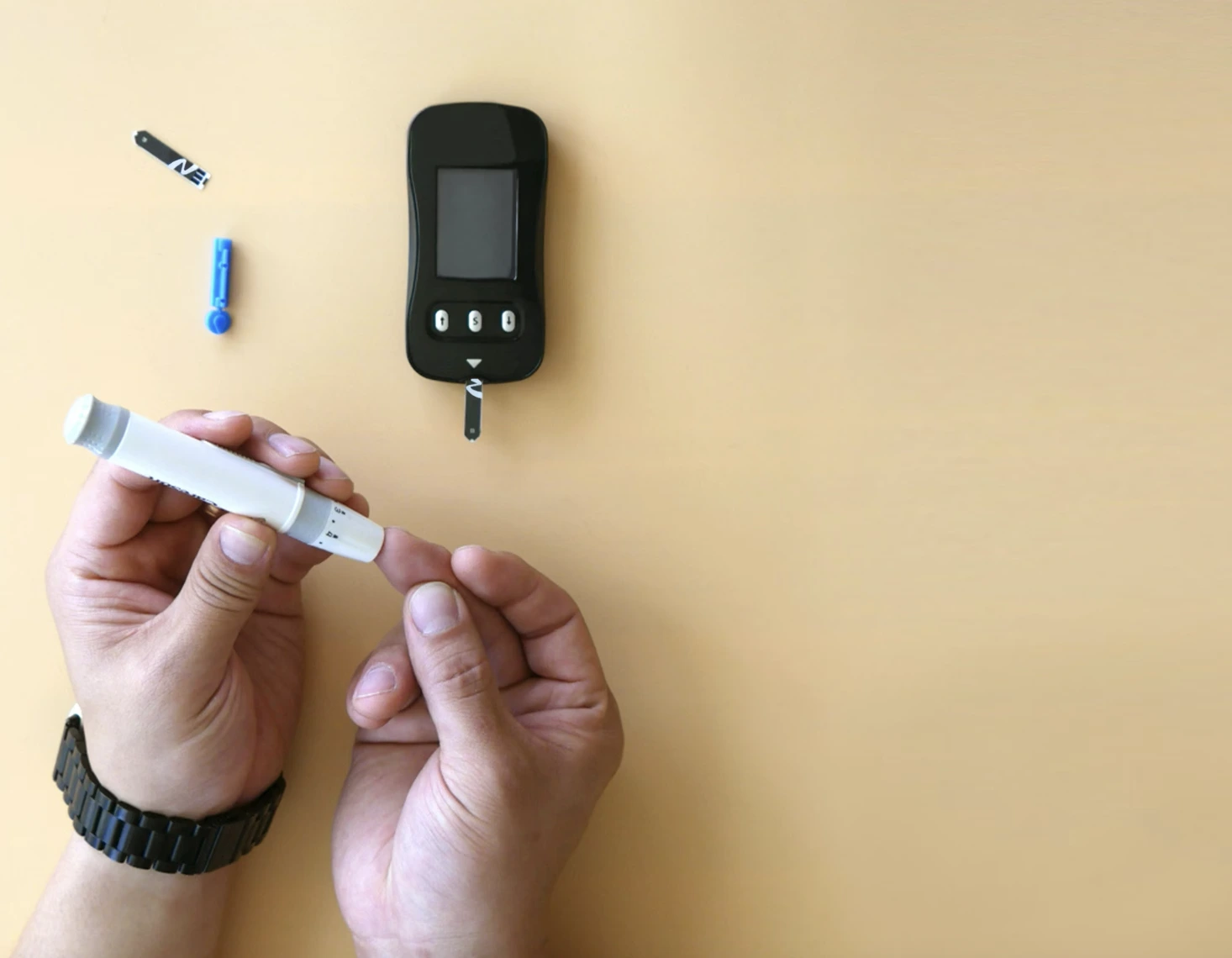
Image by isens usa, from Unsplash
NHS Trials AI Technology To Spot Diabetes Risk A Decade In Advance
Two NHS hospital trusts in London are pioneering the use of artificial intelligence (AI) to identify type 2 diabetes risk up to a decade before symptoms emerge, as first reported by the BBC.
In a Rush? Here are the Quick Facts!
- AI system Aire-DM detects type 2 diabetes risk via ECGs up to 10 years early.
- The system predicts diabetes risk with 70% accuracy, improving with additional data.
- Clinical trials involving 1,000 patients will begin in 2025 to evaluate effectiveness.
Imperial College and Chelsea and Westminster NHS foundation trusts have begun training Aire-DM, an AI system designed to analyze electrocardiograms (ECGs) for subtle, early warning signs of the condition.
The technology focuses on detecting changes in ECG heart traces that are too nuanced for doctors to spot unaided. “It’s not as simple as saying it’s this or that bit of the ECG,” explained to the BBC Dr. Fu Siong Ng, lead researcher. “It’s looking at a combination of subtle things.”
The BBC reported that preliminary results suggest Aire-DM can predict diabetes risk with approximately 70% accuracy. When combined with other patient data, such as age, sex, blood pressure, and weight, the system’s accuracy improves. Clinical trials, scheduled for 2025, aim to evaluate its effectiveness further.
An ECG records the heart’s electrical activity, revealing issues like rate and rhythm. Aire-DM leverages this data to provide insights that could revolutionize early diabetes detection.
According to the BBC, up to 1,000 patients across the two trusts will participate in the trials, which researchers hope will pave the way for wider NHS adoption. However, experts caution that implementation across the health service may take at least five years.
The British Heart Foundation, which is funding the project, underscores its potential to save lives.
“This exciting research uses powerful artificial intelligence to analyse ECGs, revealing how AI can spot things that cannot usually be observed in routinely collected health data,” said to the BBC Professor Bryan Williams, the foundation’s Chief Scientific and Medical Officer.
“This kind of insight could be a gamechanger in predicting future risk of developing type 2 diabetes, years before the condition begins,” he added.
Dr. Faye Riley of Diabetes UK highlighted the importance of early intervention. “AI-powered screening methods offer a promising new way to spot those likely to develop type 2 diabetes years in advance, allowing them to access the right support and prevent serious complications, such as heart failure and sight loss,” she said to the BBC.
This initiative reflects a growing trend of integrating AI into healthcare. Beyond diabetes prediction, the NHS has already adopted AI for detecting fractures and diagnosing lung cancer.
Additionally earlier this month, the NHS announced to be leveraging AI and High Intensity Use (HIU) services to identify frequent A&E users and provide tailored care. This initiative addresses underlying issues like poverty and social isolation, reducing A&E visits by over half in some areas.
AI predicts at-risk patients, offering preventative support and easing NHS pressures. Overall the NHS argues that AI is transforming healthcare by automating repetitive tasks, enabling faster, more accurate diagnoses, reducing errors, and lowering costs.
AI empowers patients with direct access to health information, promoting democratization of care. However, challenges persist, including data privacy, lack of standards, and ethical concerns like accountability and transparency.
However the NHS also notes that AI systems depend on training data, which may not always reflect clinical realities, necessitating realistic expectations. Healthcare practitioners must adapt, learning when and how to use AI, interpret results, and communicate effectively.
This shift requires updated training to maximize AI’s benefits while navigating its complexities and ensuring equitable, trustworthy healthcare delivery.


 Previous Story
Previous Story

 Latest articles
Latest articles 

Leave a Comment
Cancel